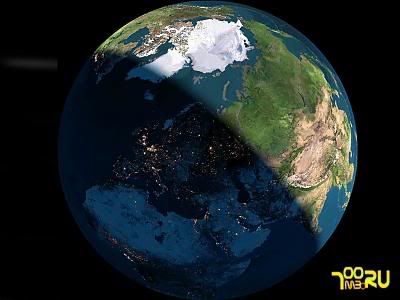Telling it like it isn't
 Robert Fisk
Robert FiskI FIRST REALIZED the enormous pressures on American journalists in the Middle East when I went some years ago to say goodbye to a colleague from the Boston Globe. I expressed my sorrow that he was leaving a region where he had obviously enjoyed reporting. I could save my sorrows for someone else, he said.
One of the joys of leaving was that he would no longer have to alter the truth to suit his paper's more vociferous readers. "I used to call the Israeli Likud Party 'right wing,' " he said. "But recently, my editors have been telling me not to use the phrase. A lot of our readers objected."
And so now, I asked? "We just don't call it 'right wing' anymore." Ouch. I knew at once that these "readers" were viewed at his newspaper as Israel's friends, but I also knew that the Likud under Benjamin Netanyahu was as right wing as it had ever been. This is only the tip of the semantic iceberg that has crashed into American journalism in the Middle East.
American television, meanwhile, continues to present war as a bloodless sandpit in which the horrors of conflict — the mutilated bodies of the victims of aerial bombing, torn apart in the desert by wild dogs — are kept off the screen.
Editors in New York and London make sure that viewers' "sensitivities" don't suffer, that we don't indulge in the "pornography" of death (which is exactly what war is) or "dishonor" the dead whom we have just killed.
Our prudish video coverage makes war easier to support, and journalists long ago became complicit with governments in making conflict and death more acceptable to viewers. Television journalism has thus become a lethal adjunct to war.
Read on ....



0 Comments:
Post a Comment
<< Home